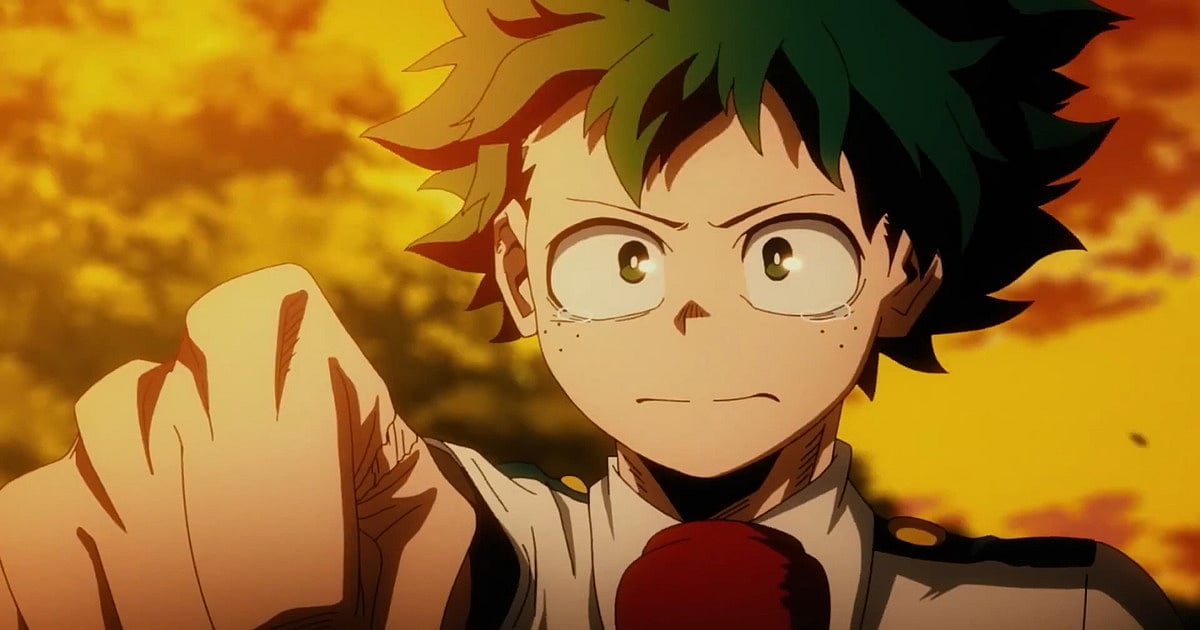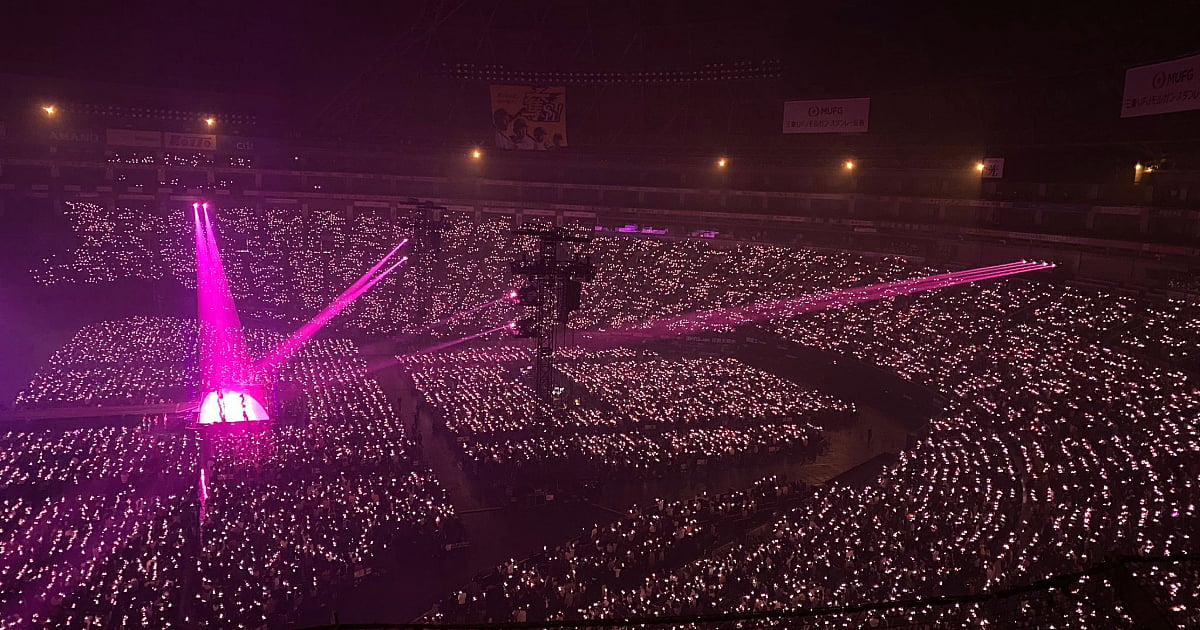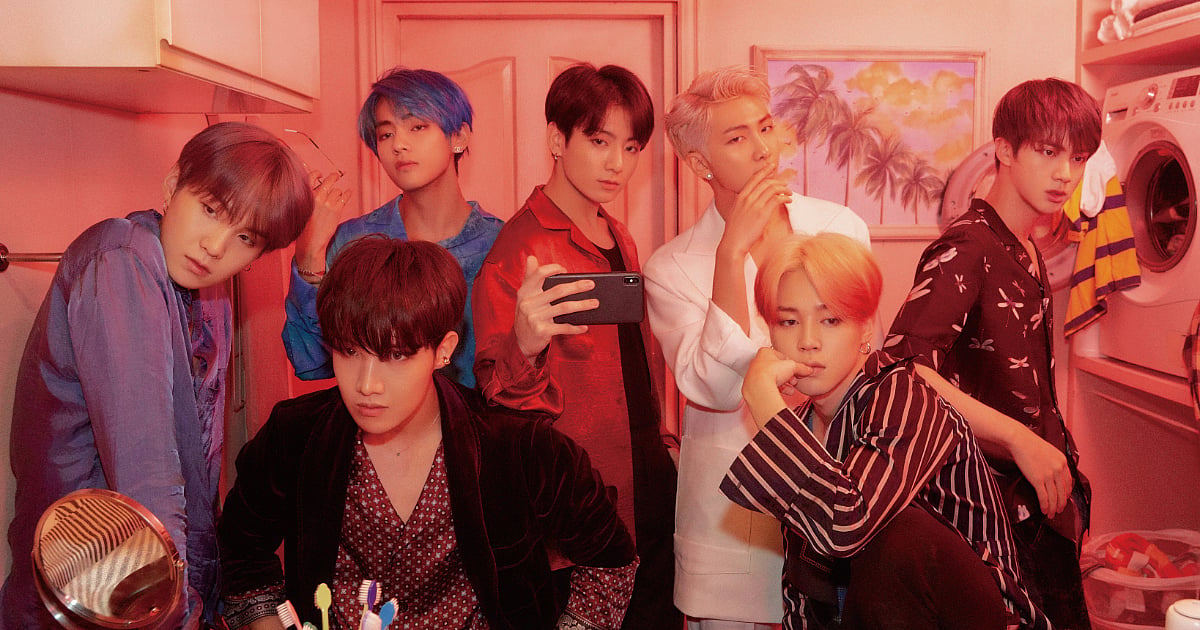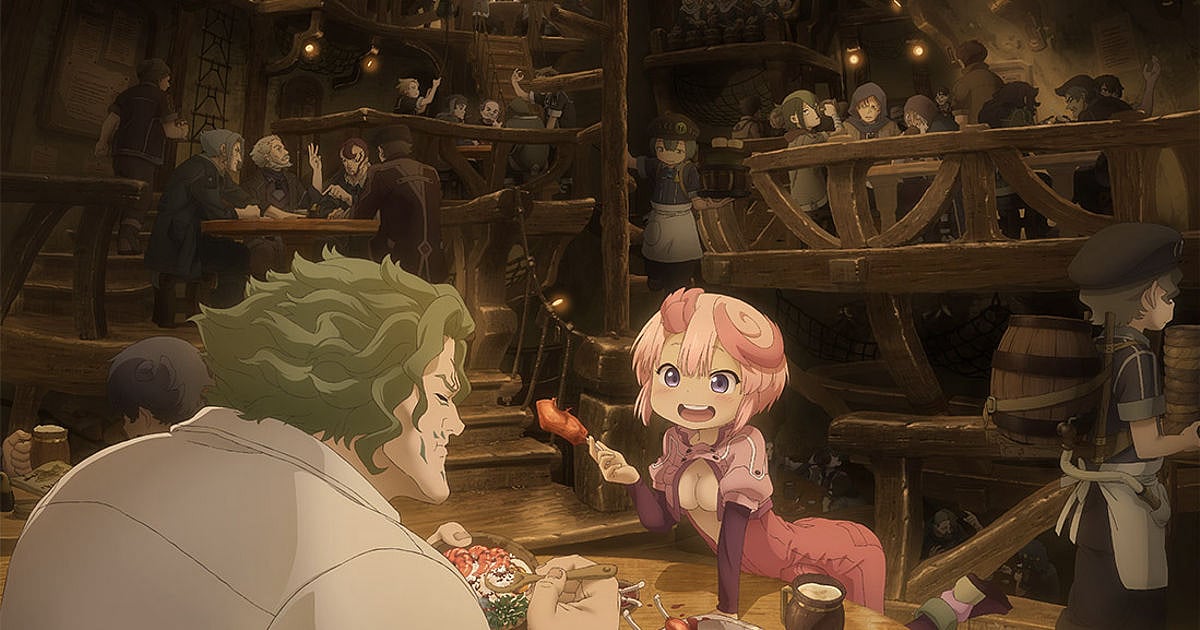
My Hero Academia could follow Demon Slayer with a cinematic finale.
My Hero Academia Should Take on Demon Slayer's Path to Success
As My Hero Academia nears its finale, fans wonder if it will end with a film like Demon Slayer, balancing narrative closure and commercial success.
- My Hero Academia weighs on a cinematic conclusion.
- Finale films like Demon Slayer prove huge box office potential.
- A movie ending could boost My Hero Academia’s global legacy and profitability.
One of the most talked-about anime this year, My Hero Academia, is currently at its most important stage. With production quality and narrative concentration peaking in recent arcs, the franchise has earned the trust of critics and fans after overcoming a tumultuous mid-series downturn. After the weak reviews of Seasons 4 and 5, Season 7’s Episode 13 had an impressive turnout with a 9.4/10 IMDb rating.
Despite their renewed enthusiasm, the team of My Hero Academia is now faced with the task of concluding Kōhei Horikoshi's manga. The final season, which roughly spans chapters 398 to 430, will cover the Final War and Epilogue arcs. With only five more episodes left for the final season’s finale episode 11, as confirmed by the makers, fitting in more than thirty chapters could make the tale appear hurried and uneven. It might jeopardize the seamless narrative that helped the show regain its audience.
The Economics of Anime Finale Films
A well-made finale movie will provide much more than just narrative closure, as opposed to a hurried TV finale episode. A theatrical concept could provide a premium commercial window that serialized streaming and television formats seldom provide.
High-budget anime films function as franchise events, increasing revenue through demand for merchandising, special screenings, and ticket sales. As per the market data, merchandising already accounts for a major portion of the anime industry's worldwide revenue. In 2024, it accounted for a significant portion of 20.9%.
In comparison, streaming mostly generates stable but constrained fixed-licensing and subscription revenue, even though market analysts observe an anticipated CAGR of 22.0% through 2030. Therefore, it shows that a TV anime series does not really provide a scope for premium monetization. The ultimate commercial apex of the franchise could be successfully captured within a film.
Will My Hero Academia Follow the ‘Finale Film’ Trend?
Many anime franchises had ended their original series with films. For example, the anime Kuroko's Basketball ended with the film Kuroko's Basketball The Movie: Last Game (2017) was released as a canonical conclusion. Similarly, The Last: Naruto the Movie (2014), an epilogue to the series, came after the conclusion of the main plot arc of the extremely popular Naruto franchise. Despite modest earnings for both of them, it shows that a concluding film for any anime series is not new.
However, the Demon Slayer franchise has outperformed even such well-liked anime and their films, thus establishing the current industry benchmark for these kinds of strategic adaptations. Demon Slayer: Infinity Castle made around $675.8 million worldwide, including a $70 million debut in the U.S. It globally became one of the highest-grossing Japanese movies ever. In September, the film grossed over $555 million globally.
A similar-scale canonical ending for My Hero Academia might achieve the same level of economic success as Demon Slayer did. Also, My Hero Academia: You're Next (2024), the franchise’s most recent release, brought in $32.2 million globally, including $23.6 million in Japan. This shows that there might still be room for the franchise to end in a film, with fans actively paying for its brand experience.
Therefore, the creators of My Hero Academia are now faced with a structural dilemma, as the time nears to decide how the series should be ended. A film offers greater creative flexibility and a wider commercial reach, whereas a short episodic finale might rush the emotional climax. This choice could influence both the legacy of the series and the next stage of anime's global expansion in the current market, where finale films serve as commercial events.

Author
Diya Mukherjee is a Content Writer at Outlook Respawn with a postgraduate background in media. She has a passion for writing content and is enthusiastic about exploring cultures, literature, global affairs, and pop culture.
Related Articles







